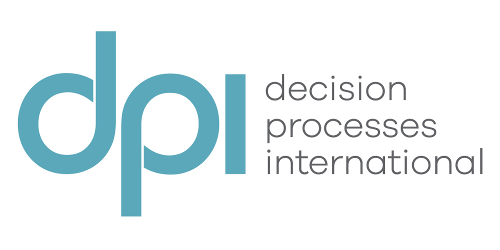 Case Study – The Pedalo
Case Study – The Pedalo
Situation
A major part of this organisation’s workforce is employed in customer-facing roles. This makes it very difficult to involve them in company-wide engagement initiatives. Much like a pedalo, requiring continuous pedalling to maintain its momentum and avoid drifting, these employees must continue in their vital roles to ensure business continuity. Examples of ‘pedalo’ roles are call centre staff, retail sales staff, bank tellers, bus drivers, delivery drivers.
Low employee retention levels and increased absences along with information gathered at exit interview brought to light the following issues amongst employees in customer-facing roles:
- Long standing employees felt let down and burdened with continually having to support new members of staff and deal with numerous agency employees in their call centres.
- Employees felt that they were given unrealistic deadlines with respect to the number of satisfied calls/transactions per shift.
- Employees felt that Management made decisions in isolation. They had minimal knowledge about company strategy and no opportunity to contribute to it. Previous feedback to management appeared to have been ignored.
- The business and the customer experience were being compromised. These employees were closest to the customer, they held the ‘customer experience’ in their hands yet they were the least engaged with the organisation.
The HR department needed to find a way of increasing employee engagement levels within this group, but the logistics of doing so presented a challenge. It was impossible to leave the ‘pedalo’ unsupported during an en masse workshop, focus group or conference.
Solution
It was critical that all employees were involved, without compromising the daily 16-hour call centre operation. DPI accessed a large meeting room and conducted 10 workshops within 48 hours, each involving 10% of the staff. Each 2 hour workshop saw various DPI Solutions deployed:
- Q&A provided the platform for employees and management to ‘air their views’ and be ‘heard’. It also enabled the business to explain what they hoped to achieve by meeting, brainstorming and communicating more with its people.
- Pelotoning was used to brainstorm 5 key topics identified as the under-lying issues for poor retention. It was remarkable how quickly staff embraced the opportunity to voice their feelings, frustrations and ideas. At each workshop sufficient time was allocated for “playback” – sharing and summarising of the ideas – to ensure clear understanding. The unique aggregation facility enabled the numerous mind maps from all 10 workshops to be seamlessly fused together.
Multi-choice and Q&A apps were used to engage all staff in formulating further ideas and exploring preferred options going forward.
Outcome
The immediate post-workshop feedback collected via DPI’s Survey app scored 4.8/5.0 in overall experience. The importance of physically getting together to share and listen cannot be underestimated. A lot of bridges were re-built and further strengthened when the workshop outputs (an incredible 175 issues and ideas) were openly communicated and incorporated into the turn-around plan. Within 6 months of the workshop year on year retention levels had improved by 30% and employee absence levels were reduced by 27%. Survey was redeployed at this stage to re-assess employee engagement and satisfaction levels; these results confirmed the most dramatic improvement with 83% of employees openly attesting to feeling more engaged, informed, appreciated and involved in their organisation than before.
